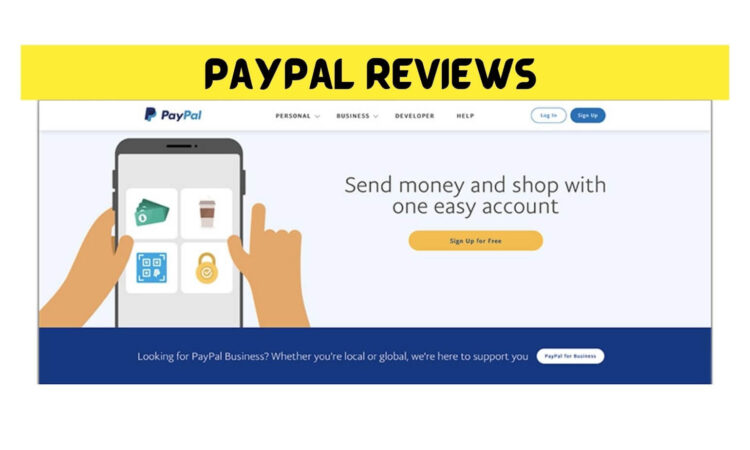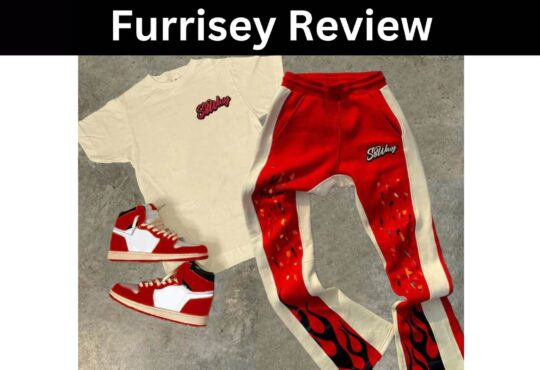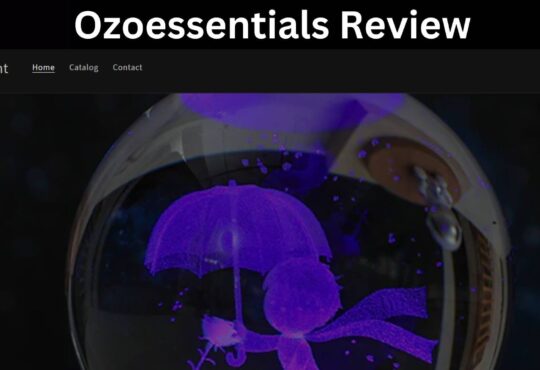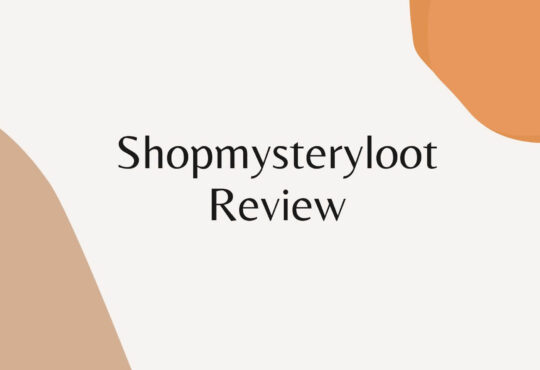
Everything You Need To Know About Paypal Fraud – Facts! >> The guide below can help you save yourself from the online phishers that are becoming commonplace today. Please take a look at this.
Where there is money, there are fraudsters. The digital world is rewarding and making our lives easier; however, it also has some disadvantages and one of the big problems is fraud.
PayPal is a popular way to quickly but easily transfer and apply for money worldwide. This makes it one of the leading service providers among its competitors.
Let’s discuss everything you need to know about Paypal Scam today. So please listen to us to the end and make sure that you do not miss any important data.
About PayPal
Table of Contents
PayPal is a company based in the United States that has an online payment system in most countries. It supports digital money transfer and retail as an alternative to traditional paper transactions. In 2015, PayPal became an independent company and in 2019 it ranked 204th in the Fortune 500.
Some more details
Type: financial services.
• Founders: Elon Musk, Ken Howery, Yu Pan, Luke Nosek, Peter Thiel and Max Levchin.
Founded: December 1988, 22 years ago.
Registered office: United States of America. Service area: Worldwide.
• Products: Payment systems and credit cards.
• Number of employees: 21,800.
There is no doubt that this is a safe and secure way to transfer money, but within the limits that follow, there are things you need to know all about PayPal fraud.
Everything you need to know about Paypal fraud
• Too good to be real: If the offer is too good, stop immediately. It can be a trap. The scammer tries to seduce you and says that you have won a big prize by paying a small fee. Is it just weird? No reputable company offers you such risks.
• Hoax Charities: In any crisis, such as a natural disaster or terrorist attack, fraud seeks to hit good people. Saying to donate some money to help the needy and create a false link. Please do not use the link, please try to ask for charity.
• Fake e-mails: Scammers will send an e-mail that your account will be suspended if you do not trade now. People often rush to open a link and enter the original PayPal password. As such, you can easily fall into the trap. • Overpaying Scams: Scams will send you an attractive message or email stating that you have paid more than necessary for the items or services, so we will arrange and refund your overpayment. Please do not proceed and use the link; instead, check out the official PayPal app.
How can you protect yourself from PayPal fraud? :
Some tips
Use a secure network: The first simple step anyone can take is to take no action on PayPal while your device is connected to a public network or to an unknown device. Fraudsters will hack your account in a moment and the chances of losing money are high. • Verify: Suppose you receive a message or email that you have received an amount. Please do not open the link. However, you can go to your PayPal account and check your transaction history. Isn’t the idea smart and simple? Do it. • Get a note: PayPal will not ask you for a password unless you are on the login page.
Create a strong password: Each time you create a password for each personal application, make sure you have created a strong password. Avoid resetting passwords and typing them in insecure text.
• Smartphone: Let’s say you use PayPal on your Android device; make sure you have entered several PINs to open the application as a fingerprint lock.
• Security product: To add another layer of security to finance the operation, you can install a complete security application on your system. This makes your transaction safe and secure.
Enable 2-factor authentication: One of the best ways to keep your account secure is to enable 2-factor authentication. PayPal is compatible with many 2FA applications, including Google Authenticator and more.
• Keep up to date: Whether it’s a PayPal app, mobile phone or system, keep it up to date.
Last but not least: Don’t send money to an unknown source or person. And deal only with proven buyers.
How can you get a refund if you have been deceived by PayPal?
PayPal has an excellent refund policy designed for customers. But we will explain three multifunctional policies here; please look at them:
180-day payment policy
Below are some points you need to know about Paypal Scam and how to get a refund in this section:
• Suppose you ordered an item online and did not receive it or received an incorrect or damaged item.
• You can then cancel your end order simply by visiting the activity page. • This policy only works when a transaction is being processed.
• PayPal charges the user for any anti-fraud dispute within 180 days of purchase.
Purchase protection
This is a good principle if you have been deceived. The purchase protection policy only applies if the following conditions are met:
• If you charge too much or for no reason.
• You receive an incorrect or damaged product. • Make sure you trade within 60 to 180 days of purchase.
Reverse settlements
• Reverse settlements are useful if you have been deceived.
• Just reverse charge and relax, PayPal merchandise will introduce.
• PayPal understands that damage has occurred; It will then freeze the amount you sent until the problem is resolved.
• Plus, it’s the fastest and safest way to get your money back.
Final judgment
PayPal is one of the safest ways to send or receive money. You can click here for more details.
However, because he is so popular, some scams have been reported in his name. That’s why we recommend that you stay alert and use the highest level of cyber security so that you can save a lot of money. That’s all you need to know about Paypal Scam. We hope this helps you.
Have you experienced online scams? Then please share your perspective in the comments section below. We are here to help you. If you would also like to learn more about PayPal’s refund policy, click here.
Also Read- Is Zara Fashion Co Legit {FEB 2022} Legit Results











